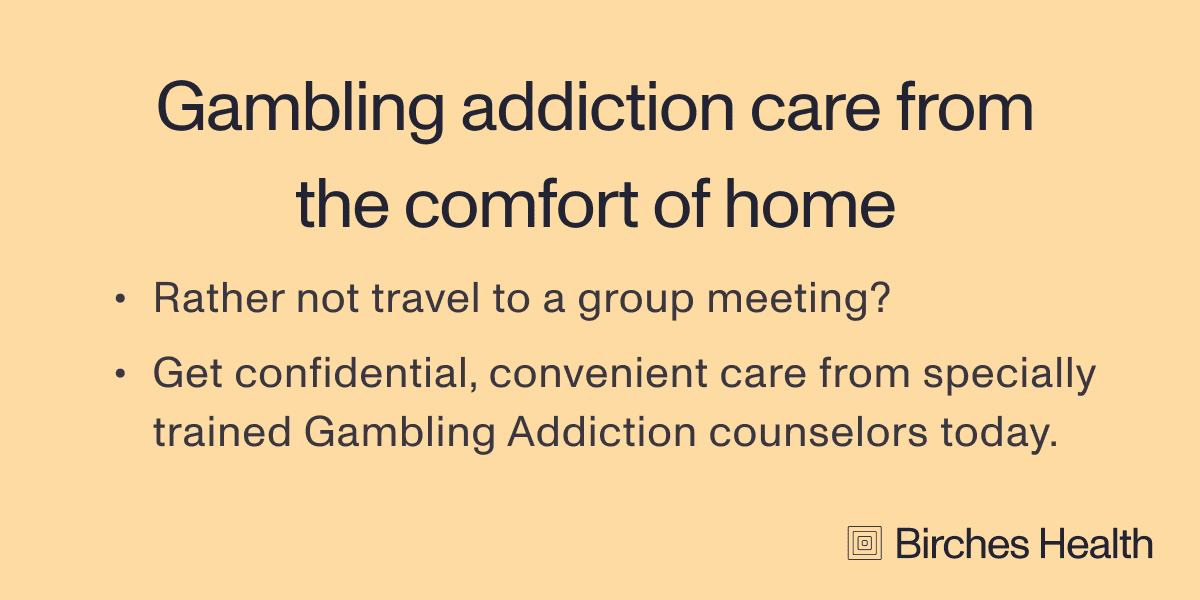Are Super Bowl Squares being targeted by Illinois lawmakers?
Published:
Jan 14, 2025
,
02:14 p.m.
ET
Updated:
Jan 31, 2025
,
05:25 p.m.
ET

Can’t-miss commercials, star-studded halftime shows, stuffing your face with buffalo wings and, for many, Super Bowl squares – these have long been staples of Super Bowl Sunday. However, one of these traditions is not like the other, and Super Bowl squares may face significant changes as it enters into the crosshairs of lawmakers in Illinois.
Illinois House Bill 1047 (HB1047), also known as the “Social Gaming Act,” aims to regulate and license these social betting games, prompting debates about legality, safety and the potential ripple effects on casual gambling. Whether the bill’s passage signals a more controlled gaming environment or an overreach into casual fun, it underscores the complex relationship between sports, betting and societal norms.
What are Super Bowl Squares? Are they legal?
Super Bowl squares involve a 10x10 grid where each participant buys (or gets for free) one or more squares. Numbers ranging from 0-9 are assigned to both the rows and columns, corresponding to the last digit of each team’s score. Winners are determined by matching the correct intersection of score numbers at the end of each quarter and the full game.
The legality of Super Bowl squares exists in a bit of a gray area. Illinois permits regulated sports betting, but private betting games - including Super Bowl squares - often operate informally. The lack of regulation could expose organizers to legal risks. In Illinois, squares are typically considered illegal gambling unless conducted through licensed operators, which the new bill seeks to formalize.

Why are they being targeted by Illinois politicians?
HB1047 represents an effort to bring oversight to activities that have operated in unregulated spaces. Illinois lawmakers, led by Representative John Cabello, propose the Social Gaming Act to establish licensing requirements for those organizing or profiting from social gaming boards. The Act defines these boards as any grid-based game involving payouts determined by sporting event scores.
Under the proposed legislation:
Manufacturers of gaming boards would pay a $5,000 licensing fee.
Distributors would pay $1,000 annually.
Operators (those hosting games) would pay $50 annually, with payouts capped at $1,199 per game.
Proponents argue that these regulations protect participants by ensuring fair play and preventing the misuse of funds. Critics, however, view the bill as an unnecessary intrusion into casual, low-stakes gaming, particularly when sports betting is already legalized and thriving in the state. Detractors also argue this is just another avenue for regulators to fuel revenue, which isn’t surprising considering Illinois faces a $3 billion deficit.
When could Super Bowl Squares be banned?
The bill, if passed, would take effect immediately, but implementation and enforcement would take time. The Illinois Gaming Board, tasked with overseeing licensing and compliance, has until December 31st, 2025, to report on the Act’s rollout. In the meantime, unlicensed squares games could face fines or other penalties, creating uncertainty for participants and organizers.
Are Super Bowl Squares dangerous?
While Super Bowl squares may seem harmless, they carry potential risks. Casual betting games like these can serve as a gateway to more frequent and higher-stakes gambling. The excitement of winning can activate the reward center of an individual’s brain and inspire a desire to replicate the thrill, especially among those predisposed to gambling addiction.
Additionally, unregulated games lack safeguards against fraud or misuse, leaving participants vulnerable. For some, even small wagers can escalate into financial and emotional problems, which puts great emphasis on the importance of promoting responsible gaming practices.
If you or someone you know is struggling with gambling, help is available. At Birches Health, evidence-based care is offered from the comfort of home. Services include one-on-one counseling, peer support, and free group sessions – all covered by insurance. To schedule a consultation, click here, call 833-483-3838, or email help@bircheshealth.com.

What’s next? Peer-to-peer social gambling in the crosshairs?
HB1047 raises questions about the future of peer-to-peer gambling. Popular activities like March Madness pools, office betting contests or even casual wagers between friends could fall under scrutiny if regulators continue to crack down on unlicensed gaming. This regulatory gray area presents challenges for lawmakers seeking to balance consumer protection with the preservation of what opponents would argue are casual, fun traditions.
As Illinois explores further expansion of its gaming industry, including potential online casinos, the introduction of legislation like HB1047 may signal an effort to ensure consistency across all gambling activities.



